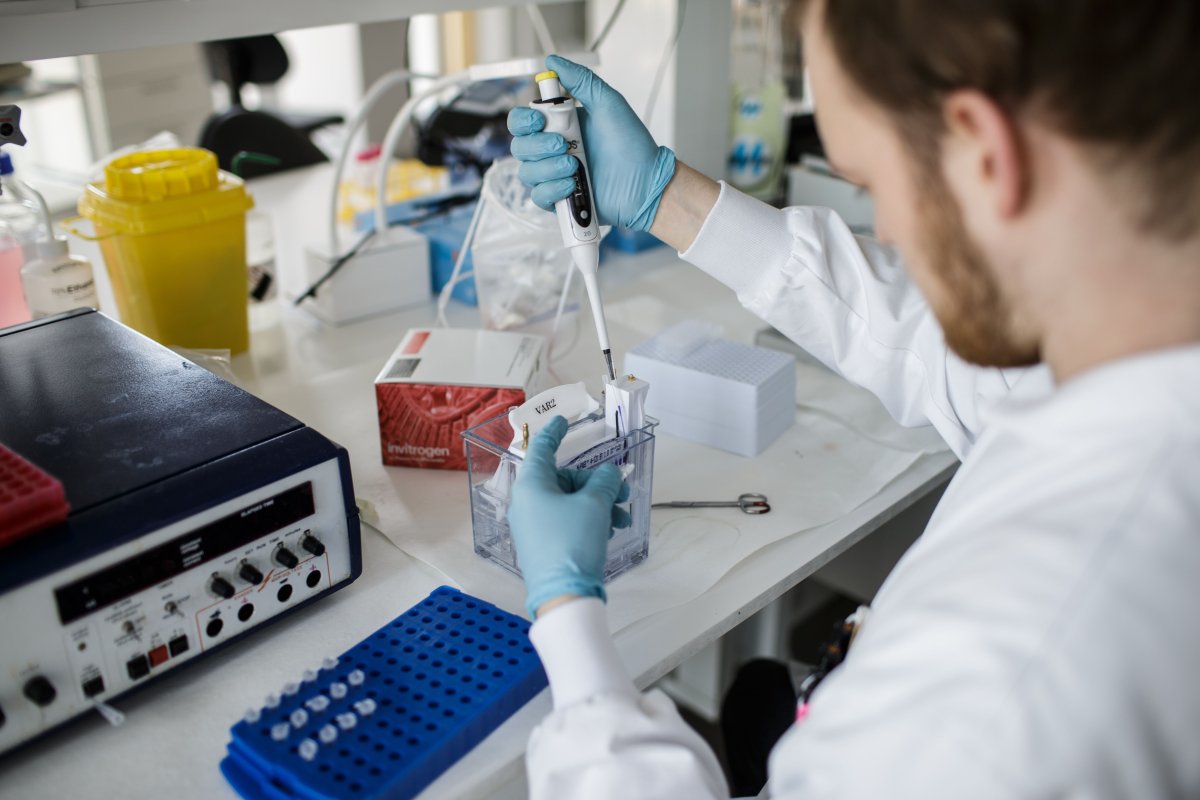The Canadian Institutes of Health Research (CIHR) and Research Nova Scotia are investing $1 million as part of a May 2020 Rapid Research Funding Opportunity, to support clinical trials, observational studies and rapid response research.

Nova Scotian experts chosen are Dr. Emily Marshall and Dr. Rudolf Uher.
“It’s a privilege and it’s a responsibility,” says Uher, who is also a psychiatry professor at Dahousie.
Dr. Gail Tomblin Murphy, vice-president at NSHA’s research department, said “this funding announcement speaks to the excellence of our Nova Scotian researchers who have worked tirelessly to improve health care in the face of unprecedented challenges,” in a press release.

The federal minister of health Patty Hajdu announced the funding Thursday morning. The funding for Nova Scotia is part of a $109-million investment for 139 research teams.
The overall research includes COVID-19 vaccines, diagnostics, therapeutics, clinical management and health system interventions. It also includes social and public health responses to COVID-19 and their related consequences.
In the release, CEO of Research Nova Scotia Stefan Leslie said “it is important that we support our researchers on these large-scale, national projects.”
Uher’s research team is focusing on mental health during COVID-19, specifically in families where both parents are affected by mental illness.
“Mental health is where we are particularly vulnerable,” Uher says.
“Being a parent is difficult anyway, being a parent in COVID time, and school cycles, is super difficult. If you have a mental illness at the same time and you need to just keep well yourself, its extra stressful.”
The funding his team received will go towards personnel, to ensure ongoing communication with subjects in the way that is appropriate to them.
“This is a group of people we have been working with for a number of years,” Uher says. “We are committed to working with them, and to see their kids grow and help them go in a healthy way.”
Knowing the funding was coming, his team was able to start investing more resources since May.
He says he appreciates Ottawa’s investment in mental health research.
“The funders who could decide between, you know, discovering new medicines against the virus and vaccines, have made the decision that it’s also worth funding projects related to mental health,” Uher says.
Emily Marshall’s research team is focusing on challenges of navigating access to primary care during COVID-19, and especially for patients who do not have a regular primary care provider.
“During these times with significant restrictions, patients can be unclear or unaware of how to get the right care, at the right time, from the right provider,” says the press release.
Tomblin Murphy says she is confident that Marshall’s and Uher’s research will shape public understanding of COVID-19 as Nova Scotia takes a leading role in national response.



Comments